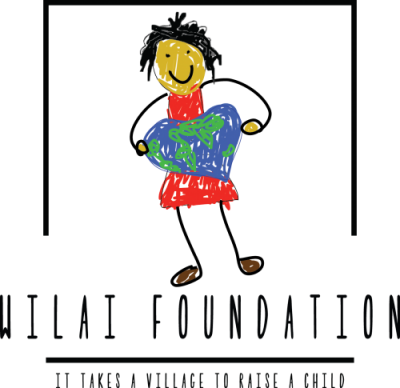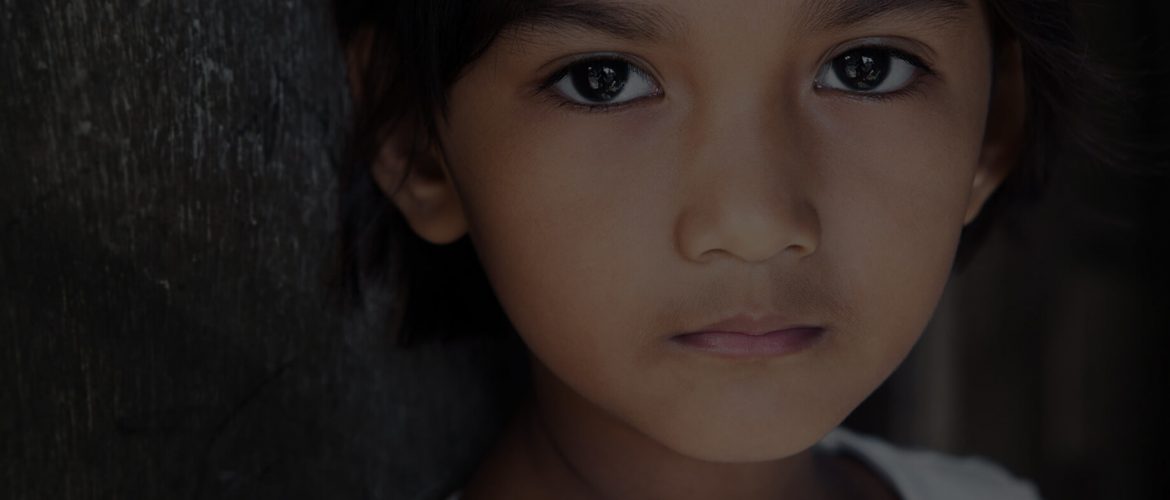About Statelessness
Today at least 10 million people world-wide are stateless, 3.5 million are in Thailand alone, which means they don’t belong anywhere.
Statelessness is recognized as a huge problem worldwide and there are many places that the right to a nationality is acknowledged and written about….
It is contained in Articles 7 and 8 of the Convention on the Rights of the Child :
Article 7
1. The child shall be registered immediately after birth and shall have the right from birth to a name, the right to acquire a nationality and. as far as possible, the right to know and be cared for by his or her parents.
2. States Parties shall ensure the implementation of these rights in accordance with their national law and their obligations under the relevant international instruments in this field, in particular where the child would otherwise be stateless.
Article 8
1. States Parties undertake to respect the right of the child to preserve his or her identity, including nationality, name and family relations as recognized by law without unlawful interference.
2. Where a child is illegally deprived of some or all of the elements of his or her identity, States Parties shall provide appropriate assistance and protection, with a view to re-establishing speedily his or her identity.
The right is enshrined in Article 24 of the International Covenant on Civil and Political Rights :
- Every child shall have, without any discrimination as to race, colour, sex, language, religion, national or social origin, property or birth, the right to such measures of protection as are required by his status as a minor, on the part of his family, society and the State.
- Every child shall be registered immediately after birth and shall have a name.
- Every child has the right to acquire a nationality.
It is also contained in Article 29 of the International Convention on the Protection of the Rights of All Migrant Workers and Members of Their Families :
Each child of a migrant worker shall have the right to a name, to registration of birth and to a nationality.
The right to a nationality is enshrined in Article 15 of the Universal Declaration of Human Rights.
The Universal Declaration of Human Rights (UDHR) is a milestone document in the history of human rights. Drafted by representatives with different legal and cultural backgrounds from all regions of the world, the Declaration was proclaimed by the United Nations General Assembly in Paris on 10 December 1948 ( General Assembly resolution 217 A ) as a common standard of achievements for all peoples and all nations. It sets out, for the first time, fundamental human rights to be universally protected and it has been translated into over 500 languages.
Statelessness is a significant human rights challenge, as it is both a product and a cause of other human rights problems.
Contributing factors to statelessness are:
- Gender or racial discrimination;
- neglect of children’s rights;
- marginalization of minority groups;
- or a break-down in the rule of law;
- the fact that in some countries women cannot pass their nationality on to their children,
Where a person is left stateless, this can then cause or be a catalyst for a wide range of other human rights violations, including:
- lack of access to socio-economic rights;
- infringements of the enjoyment of family life;
- restrictions on free movement;
- arbitrary detention; persecution;
- lack of access to education and health care;
- marriage and job opportunities during their lifetime and
- even the dignity of an official burial and a death certificate when they die.
Many pass on the curse of statelessness on to their children, who then pass it on to the next generation. The irony is that these people find themselves stateless through no fault of their own, and in most cases their condition could be resolved through minor changes in existing laws and the adherence to the laws the United Nations have all agreed to.




Recent Comments